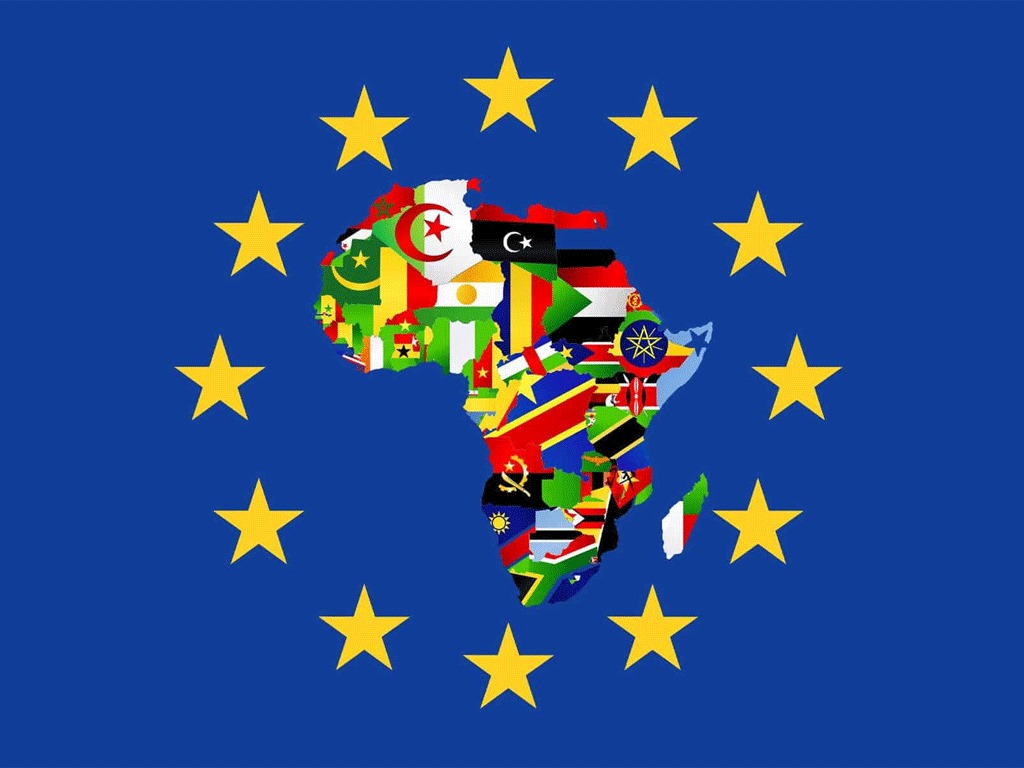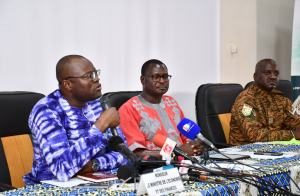Africa-EU: Are relations between the European Union and Africa under the exclusive influence of France?

Reports from Brussels, the headquarters of the European Union, suggest that France is pushing for European sanctions against African figures who openly criticize its policies on the continent. This alleged strategy raises concerns about the extent of France’s influence within EU institutions.
According to these sources, certain pan-African activists have already been targeted by punitive measures under the pretext of alleged ties to Russia.
In this context, voicing opposition to neocolonialism or supporting African leaders advocating for national sovereignty appears enough to be labeled as “pro-Russian” or “anti-Western.”
It is claimed that biased reports have been presented to the European Union to justify these sanctions.
This situation has sparked concern among some European lawmakers, who, when questioned by the media, expressed reservations about the future of EU-Africa relations.
They argue that an unquestioning alignment with French policy—whose influence is waning due to what some perceive as a paternalistic approach—could weaken the EU’s standing on the continent.
Many analysts insist that the European Union must embrace the diversity of its member states and move beyond a one-dimensional strategy driven by a single nation.
While awaiting official clarification, this issue highlights growing tensions surrounding European policy in Africa and the broader strategic implications for the future.
Souley LAMINA












